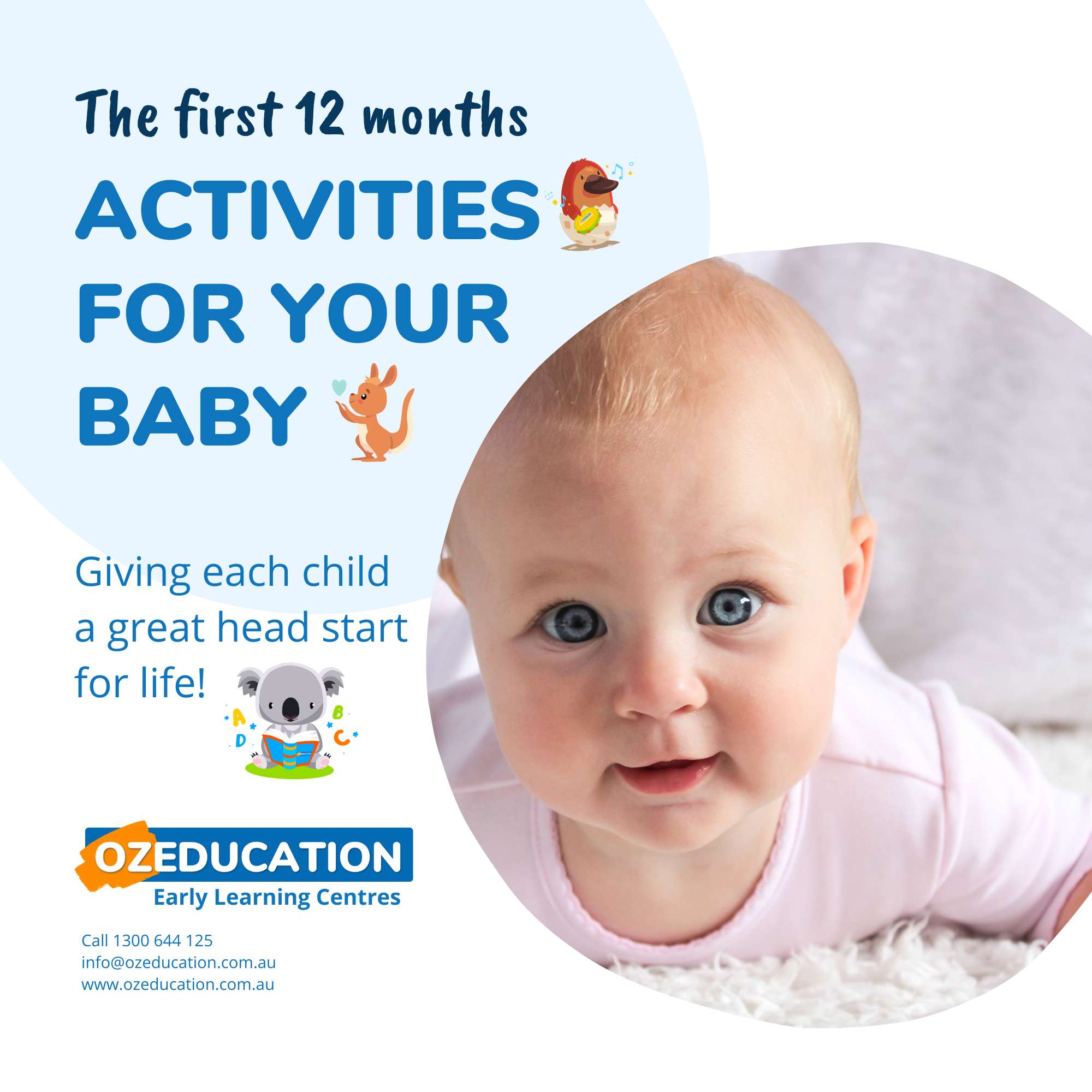
In the digital age, it can be tempting to keep young children engaged with screens, but nothing can replace the benefits of physical activity in early childhood. From running and jumping to dancing and climbing, physical activity is essential for young children’s development. It not only supports their physical health but also plays a vital role in cognitive, social, and emotional growth.
Why Physical Activity is Crucial
Physical activity isn’t just about building strong muscles; it’s about developing coordination, balance, and social skills. The early years are a critical time for developing fine and gross motor skills, and active play helps children develop these skills in ways that structured learning cannot.
The Benefits of Physical Activity for Children
Motor Skills Development: Physical play helps children develop both fine motor skills (like holding a pencil or buttoning a shirt) and gross motor skills (like running, jumping, or throwing a ball). These skills are the building blocks for all future physical activities.
Cognitive Growth: Physical activity has been shown to improve brain function, memory, and concentration. Children who are physically active tend to have better attention spans and cognitive abilities, which translates to improved performance in school.
Health Benefits: Active play promotes healthy habits, reducing the risk of childhood obesity, cardiovascular disease, and other health issues. It also encourages children to develop a positive relationship with exercise and wellness that can last a lifetime.
Social Skills: Playing with peers during physical activities helps children learn how to work in teams, communicate effectively, and solve problems together. These experiences build essential social skills that support later interactions in school and beyond.

How to Encourage Physical Activity in Early Childhood Education
- Outdoor Play: Encourage children to spend time outdoors where they can run, climb, and explore. Outdoor play allows for freedom of movement and enhances physical, mental, and emotional development.
- Active Games: Incorporate games that involve running, jumping, or balancing. Activities like relay races or obstacle courses help children develop coordination and motor skills in a fun, interactive way.
- Dance and Movement: Incorporating music and dance into the daily routine allows children to express themselves through movement, improving coordination and building confidence.
By integrating physical activity into early childhood education, we’re providing children with the foundation they need for a healthy, active life while enhancing their cognitive, social, and emotional development.
Free Parenting Guide
Our Free Guide ‘The first 12 months – Activities for your Baby’ outlines some important developmental milestones and activities that you can enjoy whilst encouraging your baby’s healthy development from 0-12 months and beyond.
Need a bit of Help?
At Oz Education, we understand the challenges of early parenting. That is why we are committed to supporting both yourself and your family through this transformative phase. With expertise and a nurturing approach we are here to provide guidance, answering questions and providing child care focused on fostering little ones through their many learning and developmental milestones. Feel free to visit our Early Learning Centres by booking a tour with us to explore further care and support options through this exciting time.


